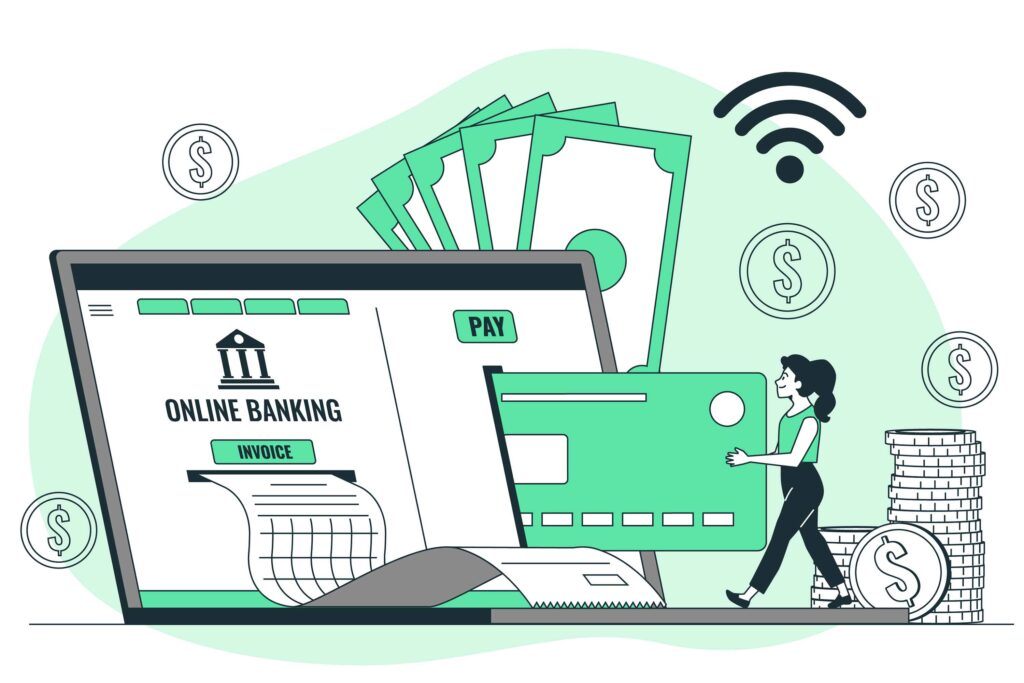Introduction
Money management tips for young adults are important for building good financial habits and securing your future. Learning how to handle money early can help you avoid common problems like overspending, debt, and living paycheck to paycheck. In this blog, you’ll find simple and practical tips to take control of your finances and plan for a better tomorrow.
Understanding how money works is a key skill for young adults. It helps you make smart choices, avoid financial stress, and prepare for big goals like buying a home or starting a business. The earlier you learn to manage your money, the more confident and independent you’ll feel.
Understand Your Income and Expenses
One of the most important money management tips for young adults is learning how to track your income and expenses. This simple habit can make a huge difference in how you manage your finances and plan for the future.
Importance of Tracking Income and Expenses
Tracking your income and expenses helps you see exactly where your money comes from and where it goes. It keeps you in control by showing how much you can spend without breaking your budget. You can spot problem areas, like unnecessary expenses, and cut back to save more. It also helps you focus on what matters most, like important purchases or savings goals, and avoid overspending that could lead to debt.
Simple Tools or Apps for Budgeting
There are plenty of easy-to-use tools and apps to help you track your money:
- Mint: A free app that connects to your bank accounts and categorizes your expenses.
- YNAB (You Need A Budget): Great for detailed budgeting and tracking every dollar.
- Spreadsheets: Create a simple income and expense tracker using Google Sheets or Excel.
- Pocket Guard: Shows how much money you have left after bills and savings.
These tools make it simple to stay organized and on top of your finances.

Build an Emergency Fund
Limit Unnecessary Spending
One of the best tips on money management for young adults is to start investing early. The power of compounding allows your money to grow over time, as your earnings generate even more returns. The earlier you begin, the more time your investments have to grow, even if you start with small amounts. For example, investing just $100 a month can grow into a significant amount over decades.
Beginner-friendly investment options include mutual funds, SIPs (Systematic Investment Plans), and index funds. These options are simple, require minimal knowledge, and help you build wealth gradually. If you prefer low-risk options, fixed deposits or bonds are good choices to start with.
A crucial money management tip for young adults is to educate yourself about different investment options, such as mutual funds and SIPs, to make informed decisions and grow your money over time. To learn more about investing, explore resources like books, online courses, podcasts, and finance blogs. Platforms like YouTube also offer beginner-friendly tutorials. With the right knowledge and an early start, you can set yourself up for long-term financial success.

Educate Yourself About Money
One of the best money management tips for young adults is to continuously educate yourself about personal finance. There are many resources available to help you grow your knowledge, such as books like The Richest Man in Babylon by George S. Clason and The Millionaire Next Door by Thomas Stanley, which offer valuable insights on managing money. Blogs like The Simple Dollar and NerdWallet provide practical advice, while podcasts like The Dave Ramsey Show and BiggerPockets share success stories and tips on budgeting, investing, and building wealth.
Continuous learning in financial management has several benefits. It helps you avoid common financial mistakes and allows you to create a solid plan that suits your goals. By staying informed, you can adapt to changes in the economy and personal finance trends, ensuring that your financial decisions are always well thought out.
Staying informed leads to better decision-making. By regularly reading and listening to financial resources, you can make smarter choices about budgeting, investing, and saving. This proactive approach helps you build wealth, avoid debt, and stay on track with your financial goals.


